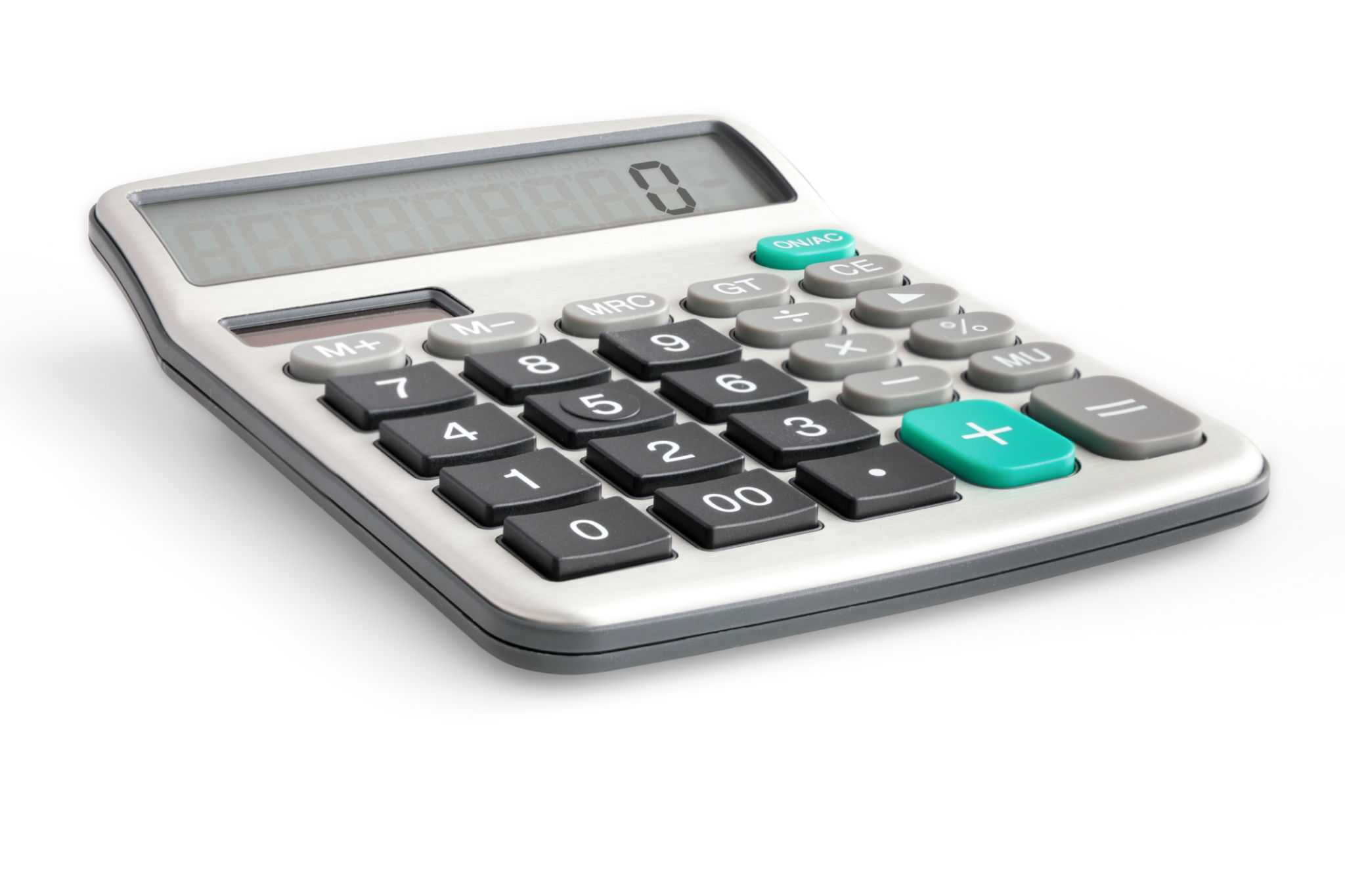How to Choose the Right Solar Energy System for Your Business
Understanding Your Business Needs
Choosing the right solar energy system for your business begins with understanding your specific needs. Consider factors such as the size of your business, energy consumption, and the available space for solar panels. A small retail store will have different requirements compared to a large manufacturing facility. Evaluate your electricity bills to determine your average monthly energy usage, which will help in selecting a system that meets your energy demands effectively.

Evaluating Solar System Types
There are various types of solar energy systems to consider, each with its own set of advantages. The three primary types are:
- Grid-tied systems: Connected to the local utility grid, allowing you to use solar power when available and switch to the grid when necessary.
- Off-grid systems: Ideal for remote locations, these systems are independent of the utility grid and often require battery storage.
- Hybrid systems: Combine both grid-tied and off-grid features, providing flexibility and reliability.
Your choice will largely depend on the location of your business and the reliability of your local grid.
Assessing Financial Considerations
The financial aspect is a crucial factor in selecting a solar energy system. Start by determining your budget and exploring financing options such as loans, leases, or power purchase agreements (PPAs). Additionally, investigate local and federal incentives or tax credits that can significantly reduce the initial cost of installation. Calculating the return on investment (ROI) will help you understand the long-term financial benefits of switching to solar energy.

Understanding Installation Requirements
Before installation, assess your property's suitability for a solar energy system. Factors such as roof orientation, angle, and shading can impact efficiency. If your roof isn't ideal for solar panels, consider ground-mounted systems as an alternative. It's essential to work with experienced solar providers who can conduct a thorough site assessment and recommend the best solutions tailored to your business.
Choosing a Reliable Solar Provider
Selecting a reputable solar provider is crucial to ensure a successful installation and long-term support. Look for companies with proven track records, positive customer reviews, and comprehensive warranties. A reliable provider will offer a detailed proposal outlining system design, expected performance, and maintenance services. Don't hesitate to ask for references or visit past projects to gauge their expertise and professionalism.

Maintaining Your Solar Energy System
Once your solar energy system is installed, regular maintenance is essential to keep it running efficiently. Establish a maintenance schedule with your provider that includes cleaning panels, inspecting connections, and monitoring system performance. Some providers offer remote monitoring services, allowing real-time tracking of energy production and quick identification of potential issues. Proper maintenance ensures optimal performance and longevity of your investment.
Maximizing Energy Efficiency
While installing a solar energy system significantly reduces reliance on traditional energy sources, maximizing energy efficiency within your business is equally important. Implement energy-saving practices such as upgrading to LED lighting, optimizing HVAC systems, and encouraging energy-conscious behaviors among employees. These measures complement your solar investment by further decreasing energy costs and enhancing sustainability efforts.
By carefully considering these factors, you can choose a solar energy system that not only meets your business needs but also contributes to environmental sustainability and financial savings over time. Transitioning to solar power is a strategic move towards a greener future and a smart business decision that pays off in the long run.